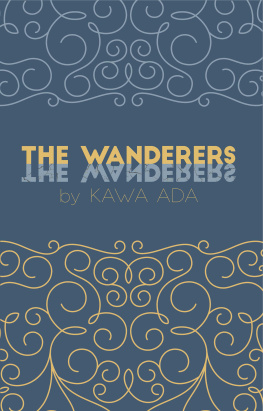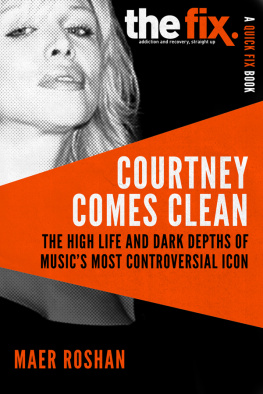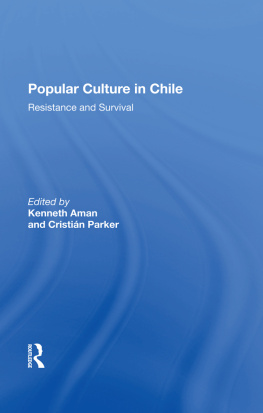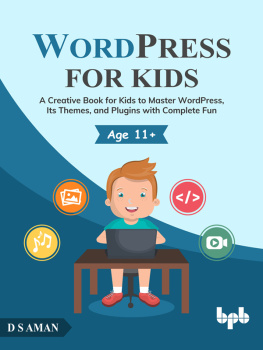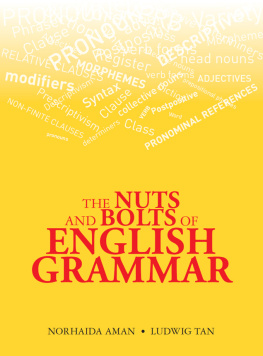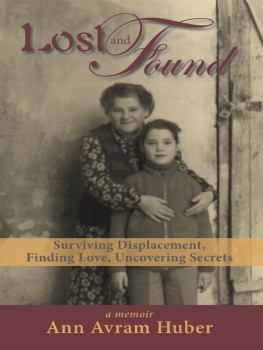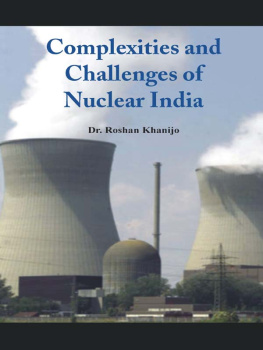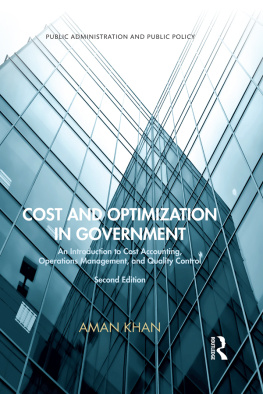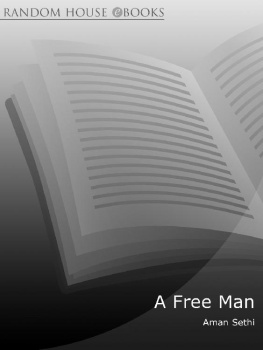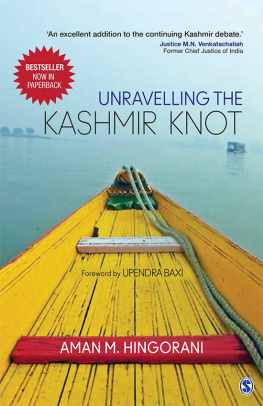
The Wanderers 2016 by Kawa Ada Excerpt by Tennessee Williams, from
The Night of the Iguana, copyright 1961 by The University of the South. Reprinted with permission of New Directions Publishing Corp. First edition: May 2016 Cover image Gundimm / Dreamstime.com No part of this book may be reproduced, downloaded, or used in any form or by any means without the prior written permission of the publisher, except for excerpts in a review or by a licence from Access Copyright, www.accesscopyright.ca.
202-269 Richmond Street West Toronto, ON, M5V 1X1 416.703.0013 info@playwrightscanada.com | playwrightscanada.com @playcanpress For professional or amateur production rights, please contact: The Playwrights Guild of Canada 401 Richmond Street West, Suite 350
Toronto, ON M5V 3A8 416-703-0201, info@playwrightsguild.ca Library and Archives Canada Cataloguing in Publication
Ada, Kawa, author
The wanderers [electronic resource] / Kawa Ada. A play.
Issued in print and electronic formats. Title. Title.
PS8601.D32W35 2015 C812.6 C2015-904081-7
C2015-904082-5 We acknowledge the financial support of the Canada Council for the Arts, the Ontario Arts Council (OAC), the Ontario Media Development Corporation, and the Government of Canada through the Canada Book Fund for our publishing activities.
For my mother,Razia Ada.And my father,Baryalai Ada.CONTENTS
INTRODUCTION
by RIC KNOWLES
In the land that is now called Canada we are all wanderers. From the peoples Indigenous to this land who have been forced by settler invasion onto reserves or into a diasporic existence on their own traditional territories to the most recent 25,000 refugees arriving as I write from horrific conditions in Syria, this land is inhabited by migrants, voluntary or involuntary. Many who come as refugees or immigrants, such as Kawa Ada and his family, arrive by circuitous routes through dangerous and disputed territories; most attempt to lay down roots in soil that remains foreign. And many struggle with a question that is central to Kawa Adas remarkable play: How, for displaced peoples and families, and how, for the variously othered, is legacy established and cultural and familial continuity secured? How do children and their parents recognize one another? How do we ensure that our children are not literally, figuratively or culturally stolen from us?
The Wanderers, which I believe to be the first published Afghan Canadian play, begins in a lush park in central Kabul, Afghanistans capital, in the mid to late 1970s (just prior to the Soviet and subsequent foreign invasion/intervention), where the plays central character, Roshan, is, spiritually if not literally, conceived. It ends forty years later in Canada in the mining town of Sudbury, the so-called Nickel Capital of Ontario, where another miracle baby is about to be born.
In between are shocking scenes in a pizza place in Toronto and a laundromat in Scarborough, along with an otherworldly father-son reunion in the same Kabul park, now a gay mens cruising ground and a wasteland devastated by war. Along the way we meet a precocious and desperately fragile child with a condition who sees too much; a once-champion international chess prodigy from the Afghan upper classes now fired from his job delivering pizza in Toronto; a young, gay Afghan Canadian who has inherited his mothers special powers as a descendant of the Sun God, Mithra; an Iranian Canadian Daddy Joe whose wife has just left him and a feisty, sexy, working-class white woman from northern Ontario. We meet Wanderers and scorpions. The Wanderers is a play of epic proportions and extraordinary breadth and depth written by a playwright with remarkable intelligence and a global sensibility. Much of this sensibility derives from an understanding of Afghan history, and of global societies grappling with the ravages of modernity and the imperatives of globalization. As Aman says presciently in the play, Afghanlook at Afghanistanwe tried to become too much, too modernwe thinking we are like the next Turkeybut we are pushed back, always, huh? First, from Britishyou know they invade three times? And three times we beat them! They do not thinkno one thinksAfghan is that strong, but they learn, everyone learn.
This is very embarrassing for, ehhwhat is name... Churchill! The British give up, no? And one day, the Russians will too. But someone else, they will come, they will take they spot. And... but this is the repeated history of historiesyou understand what Im saying: Afghanistan is a pawn. Among those who will come are, of course, the Americans (Oh God, the Americans!), supported by Canada.
And three of the plays five episodes take place in Canada (the play only seems episodic early on, until the audience begins to follow the clues), where other sorts of complication and confusion occur. As Aman also says, Iranian Christian? Iranian. Christian. This is Canada! and after all, the Wanderers, by definition, wander globally even as the play speaks to the struggle for continuities among specific dismembered diasporic and mixed families and communities. Careful, as two of the plays threatened characters variously say. You hurt me and it ripples through our line.
Kawa Ada is a young playwright with what his play would call special powers. He brings together in one work a uniquely Afghan Canadian perspective on such imperative topics for our time as sex and sexuality, cultural and generational difference, immigration, disability, class, gender and age. And he does so with a finely tuned ear for the rhythms of character and scene construction, and a fluency with voice and dialogue that cuts like a knife across different linguistic expressions of class, race, place and culture. His ear for dialogue and voice is a gift to actors and a window for audiences into the souls of the characters and the social systems that shape and constrain them. I look forward with pleasure and anticipation to what I hope will be a large body of work from a major new voice on the Canadian stage.
NOTES ON TEXT AND LANGUAGE
There are certain devices in the text I would like to explain.
But, as with all signposts laid out for the reader and/or practitioner, they are indicators of my intention and need not be entirely prescriptive.
Beats, Lapses, and Pauses
Something should always be happening during beats, lapses, and pauses. These silences are not a chance to drop the energy or tension: A beat is as long as an inhale of breath, indicating a change of thought or direction. Beats are usually not shared, but confined to the person who spoke just prior to the beat. A lapse is the length of two beats. It is shared by characters.

